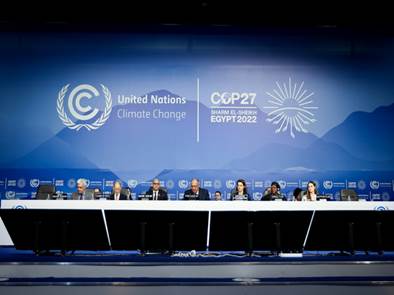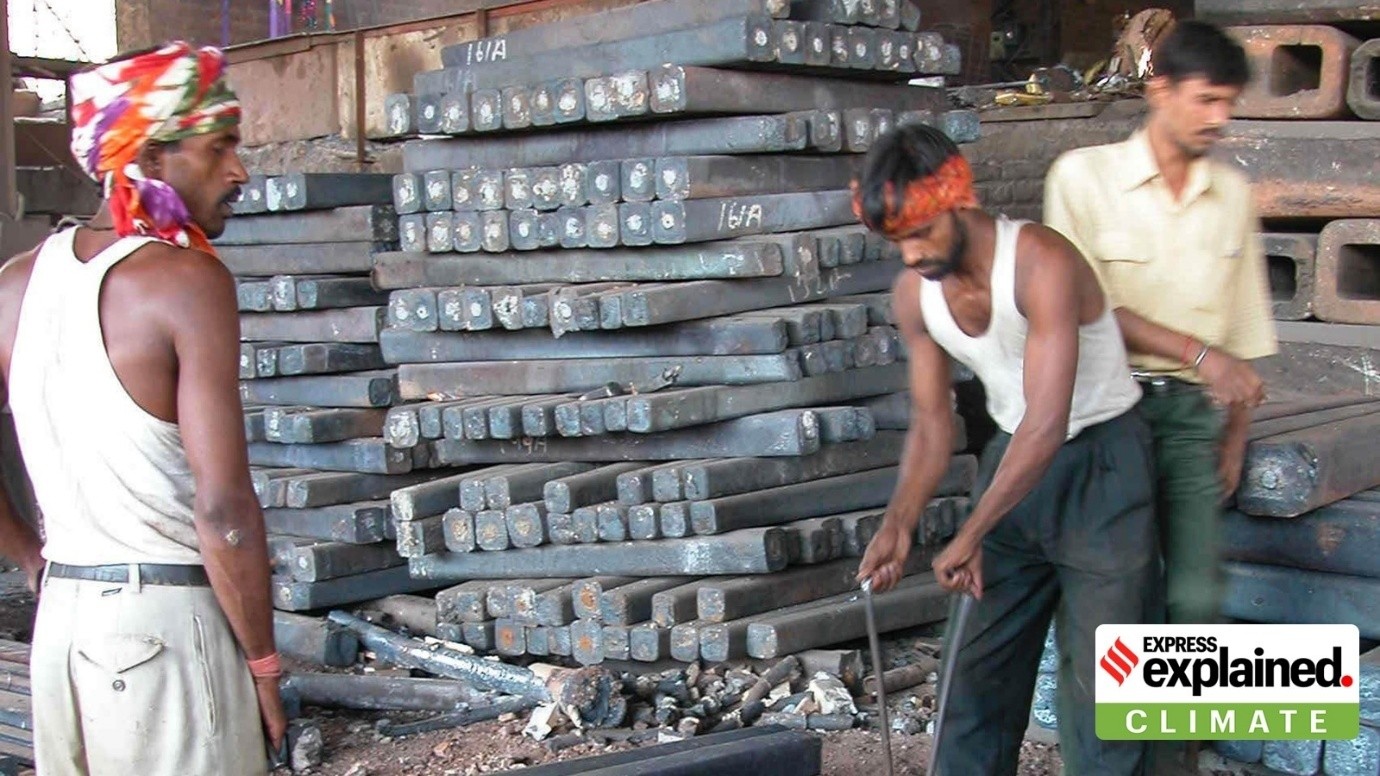Description

Copyright infringement not intended
Context: Union Minister of Environment, Forest and Climate Change, Shri Bhupender Yadav intervened at the Ministerial High-Level Roundtable on pre 2030 ambition at COP 27
Details:
Highlights of his speech:
- Pre-2030 must be clarified. How far back does pre-2030 go? In our view, pre-2030 in this sense is no different from pre-2020. It is the historical cumulative emissions before a given year that measures responsibility. So our consideration must include pre-2020 responsibility and whether pre-2020 commitments have been fulfilled. It cannot begin at 2020.
- Our understanding is that the Annex-I Parties have not met their pre-2020 commitments together and several individually as well.
- Pre- 2030 ambition must be measured in terms of whether countries are staying within their fair share of the carbon budget, taking note of both the historical period and in the future.
- Opportunities for ambition
- The opportunities for ambition vary across Parties. This we must recognize. Developed countries must take the lead – after all the bulk of both finance and technology transfer is available with them. The Convention and the Paris Agreement both recognize this, but we have not had adequate action.
- Second, increasing ambition requires public action. Leaving it to markets alone will not help.
- Third, the right sectors must be identified for ambition. To target small farmers for mitigation in the name of ambition would be a serious mistake. As in India, if in developing countries, if we target domestic and public lighting, and increasing use of clean fuel to replace biomass, we can achieve some significant gains in low- carbon development.
- Barriers
- For developing countries, accelerated low-carbon development is the route to ambition. This takes time, human and financial resources and sustained economic growth. So, it is not simply barriers but all three conditions have to be present consistently for low-carbon development to be achieved.
- Here the failure to deliver financial resources to developing countries is an enormous failure. Calling for ambition from developing countries is not meaningful if the time required from low-carbon development is not recognized. Unfortunately, with every decade, with every new agreement, with every new scientific report, more and more action is demanded from developing countries. If goalposts are changed constantly, it will not yield results but only words and promises.
- Paris Agreement Update Mechanism
- This is yet another instance where there is a constant shifting of the goalposts. The Paris Agreement has just begun implementation, and that too after the lost years of COVID.
- The real issue is that the increased effort required is not happening. If the effort is not there, new agreements or new amendments or new protocols will not solve the problem.
- Just Transition: Support for just transition means increased support for the deployment of renewables, increased support for the development of renewable technologies and means to cope with the costs of such development and the deployment of such technologies.

https://pib.gov.in/PressReleasePage.aspx?PRID=1875845












